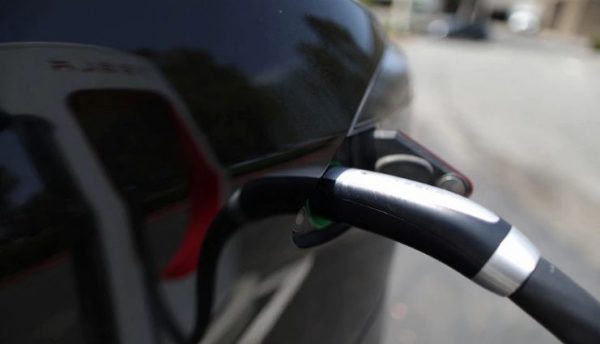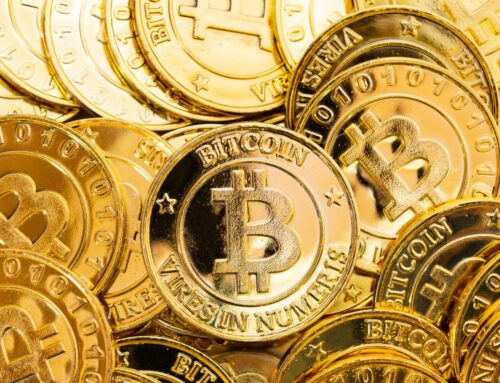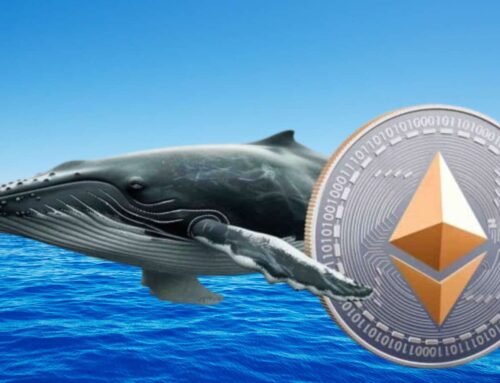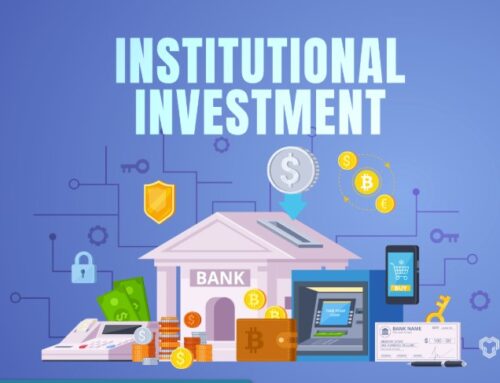Tesla to open U.S. charging network to rivals in $7.5 bln federal program
February 16, 2023
Tesla to open U.S. charging network to rivals in $7.5 bln federal program
4 minute readFebruary 15, 20234:22 PM PSTLast Updated 20 hours ago
SAN FRANCISCO, Feb 15 (Reuters) – Tesla Inc (TSLA.O) will open part of its U.S. charging network to electric vehicles (EVs) made by rivals as part of a $7.5 billion federal program to expand the use of EVs and cut carbon emissions.
The move could help turn Tesla into the universal “filling station” of the EV era – and risk eroding a competitive edge for vehicles made by the company, which has exclusive access to the biggest network of high-speed Superchargers in the United States.
By late 2024, Tesla would open 3,500 new and existing Superchargers along highway corridors to non-Tesla customers, the Biden administration said. It would also offer 4,000 slower chargers at locations like hotels and restaurants.
Biden wrote on Twitter that the plan to open a “big part” of Tesla’s network to all drivers was a “big deal” and would “make a big difference.”
In response, Tesla Chief Executive Musk said, “Thank you, Tesla is happy to support other EVs via our Supercharger network.”
A White House official said at a briefing that Tesla would be eligible for a subsidy – including retrofitting its existing fleet – as long as its chargers allowed other vehicles with a federally backed charging standard called CCS to charge.
The administration said Tesla had not committed to adopting CCS as its standard, but it must comply with the requirements to qualify for federal funds.
Tesla has 17,711 Superchargers, accounting for about 60% of total U.S. fast chargers, which can add hundreds of miles of driving range in an hour or less. There are also nearly 10,000 “destination” chargers with Tesla plugs that can recharge a vehicle overnight.
Opening up access to Tesla’s network would be a quick win for an ambitious federal program to build 500,000 EV chargers by 2030, up from 130,000 currently.
“Select Tesla Superchargers across the US will soon be open to all EVs,”Tesla wrote on Twitter, without elaborating on when, where and how it would open its chargers. It had already planned to more than double its U.S. Supercharger network by the end of 2024, it said.
PLUG AND PAY
Companies that hoped to tap the federal funding for this network must also use standardized payment options that require a single method of identification that works across all chargers, the administration said.
All EV drivers would be able to access these stations using the Tesla app or website, it said.
Adding non-Tesla owners may require a different plug and payment method.
“Tesla does have a hardware and a software solution” to allow for CCS, the White House official said.
Investors and U.S. EV enthusiasts have been waiting for action on chargers from Musk, who said in 2021 that the point of his charging network was “not to create a walled garden and use that to bludgeon our competitors.” The company has opened some Superchargers in Europe and Australia to non-Tesla owners since 2021.
Analysts said the amount of federal funds at stake meant Musk had to either act on the plan or risk other charging companies, such as EVgo Inc (EVGO.O) and ChargePoint Holdings Inc (CHPT.N), taking the market.
“The amount of money involved in the National Electric Vehicle Infrastructure Formula Program provides a strong incentive for Tesla to adapt its strategy to include the installation of CCS ports,” said Sam Houston, senior vehicles analyst at the Union of Concerned Scientists.
Chris Harto, a senior policy analyst at Consumer Reports, said, “There is no doubt the $7.5 billion in federal charging investment threatens Tesla’s competitive advantage. That is actually the entire point of the program.”
Opening up its networks could expand funding and revenue for Tesla, but could also erode the brand’s exclusivity and make it challenging for the automaker to manage the network, analysts said.
“There is a strong likelihood that if they open the Supercharger network to other vehicles, their current excellent reliability rate will decline significantly,” said Guidehouse Insights analyst Sam Abuelsamid.
Reporting by Hyunjoo Jin in San Francisco and Jarrett Renshaw in Philadelphia; Additional reporting by David Shepardson in Washington; Editing by Matthew Lewis and Bradley Perrett
Search
RECENT PRESS RELEASES
Related Post





